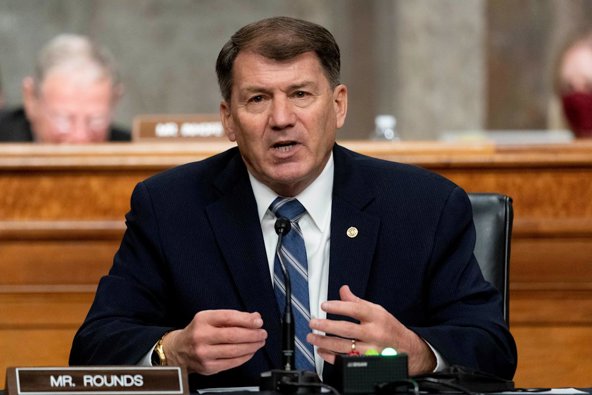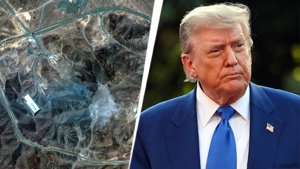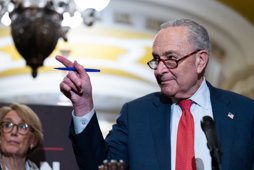
Sen. Rounds Warns of China IP Theft, Calls for AI Protection
Senator Mike Rounds urges the U.S. to safeguard artificial intelligence and intellectual property against persistent theft by China.
Rounds Highlights Urgent Need for Tech Protection
Republican Senator Mike Rounds of South Dakota raised alarms about China's extensive theft of American intellectual property during a panel at the Reagan National Economic Forum in Simi Valley, California. Rounds stressed the necessity for the U.S. to remain the global economic and military leader, particularly by protecting critical technologies such as artificial intelligence (AI) and advanced computer chips.
Senator Rounds noted China's annual theft of U.S. intellectual property reaches approximately $600 billion. He underscored that while economic ties cannot be fully severed, stringent safeguards are essential to prevent China from leveraging stolen U.S. technology.
"We've got to do a better job of protecting the intellectual properties that we've got," Rounds explained. He emphasized the importance of blocking China's access to critical technologies, suggesting that the U.S. could limit China's ability to develop independent technological standards by restricting their access and thus enforcing American standards.
Balancing Trade and National Security
Rounds warned against complete economic decoupling from China, arguing instead for a nuanced approach that balances trade with stringent protections. He advocated for strategic influence over China's technological practices, particularly regarding AI standards and other future technologies.
"Let's not necessarily just totally divest. Let's see if we can have an influence on them and the rest of the world when it comes to standards for AI and other technological advances in the future," Rounds recommended.
Highlighting specific vulnerabilities, Rounds expressed concern about Chinese nationals with ties to the Chinese Communist Party (CCP) studying in elite American institutions. He advocated for temporarily halting the admission of these students until effective and enforceable protections against intellectual property theft are established.
"We have Chinese students that come in here, and then they maintain ties back home," Rounds explained, adding that these students are often compelled to return to China, potentially taking valuable U.S. technological insights with them. "Until we can address that and be assured that the knowledge they gain here isn't used against our young men and women, we want to slow this down," he stressed.
The Senator also connected intellectual property protection directly to national defense, noting China's rapid progression into a formidable military competitor. "[China is] a strategic challenger for us on the military side. They are a near-peer competitor," Rounds cautioned, explaining that China's centralized governance structure allows it to swiftly mobilize economic resources for military goals.
Meanwhile, President Donald Trump has escalated economic pressures through tariffs and publicly accused China of violating a recent trade agreement. This environment underscores Rounds' urgency for comprehensive intellectual property protections.
Rounds predicted that Americans would widely embrace AI as they see direct benefits, especially in healthcare, where technologies promise rapid advances in diagnosing diseases like cancer, diabetes, and Alzheimer's. "That's when we'll really see the push across the country to develop AI at a rate never seen before," he projected, asserting such advancements would maintain U.S. leadership over China.
As the Senate pushes forward Trump's multitrillion-dollar "Big Beautiful Bill," Rounds reiterated its importance, emphasizing the critical need to stabilize American economic policy swiftly. "If we don't do that, the average American family is going to see about a $2,400 a year increase in their taxes," Rounds warned, underscoring the legislation's immediate fiscal importance.






